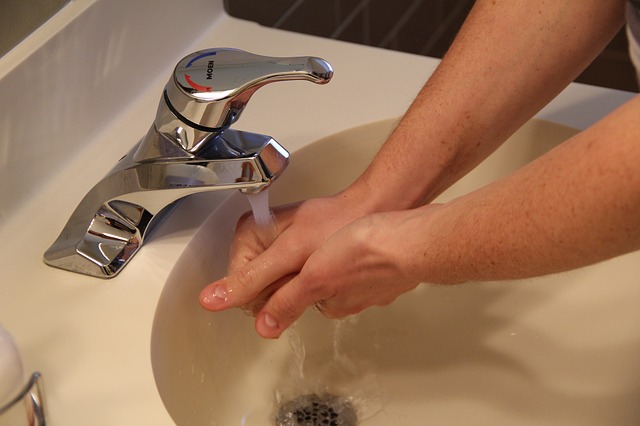Hospitals are assumed to be the cleanest places possible, and the general public is usually comforted by the idea that the doctors, nurses and staff at hospitals, clinics and medical institutions always put hygiene first and wash their hands all the time.
A new study has found that this is not necessarily true, and that hand-washing routines greatly varied depending on whether or not people knew they were being observed or not. This phenomenon, called the Hawthorn Effect, stipulates that people change their behavior when they know they’re being watched, reports ABC News.
The research, presented through the Association for Professionals in Infection Control and Epidemiology (APIC), used reports from five infection prevention nurses and 15 volunteers who blended in with staff. They were trained to observe hand-washing routines at a hospital in San Jose, California, for a period of six months in 2015. The two groups found a difference in hand-washing routines and compliances of almost 30% depending on whether or not hospital staff recognized the person observing them.
Hand cleanliness is a huge deal in hospitals, because of the high possibility of transmitting infections via contact. Doctors see numerous patients in a day, so the possibilities of passing on an infection from one person to another are high. The World Health Organization (WHO) recommends that a health-care worker wash their hands before and after touching a patient or their surrounding and before any medical procedure, as well as if they come into any contact with patient bodily fluids.
But hand-washing is apparently not happening as frequently as it should be. In 2002, a report from the Center for Disease Control (CDC) showed that hospital staff washed their hands on an average of five times per shift, sometimes failing to clean the entire surface of their hands.
Only 40% of workers complied with hygiene recommendations and when workers didn’t know they were being observed, the numbers went down to a mere 22%.
The study also suggests that it’s difficult to get an accurate read on hygiene practices in hospitals, because while human nature wants to do a good and thorough job of maintaining cleanliness, the busy nature of the job makes people cut corners.
Dr. Clifford McDonald, associate director for science at the CDC said that while health-care authorities are looking into improving hygiene, one of the best things a patient can do to ensure they are in safe, clean environments is simple: remind their doctors and nurses to wash their hands.
























